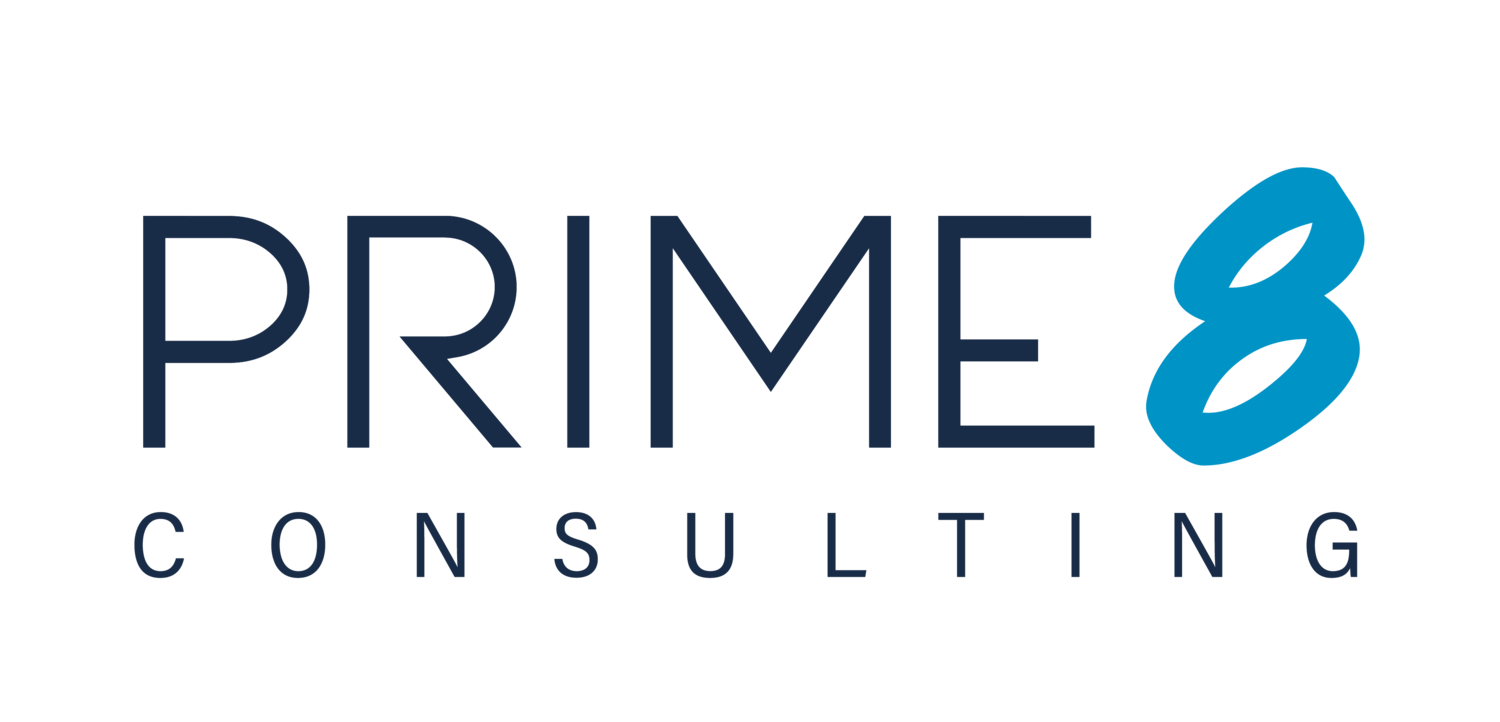Improving Business Outcomes with Modern Learning Programs
As corporate training evolves into a predominantly digital experience, it’s become paramount for learning managers to prove their learning programs are making a positive impact on the business bottom line. In practice, this can be a challenge, but there’s good news: by harnessing the data you need, it’s easier than ever to tie your learning courses back to their impact on business goals.
That’s why we’ve chosen to highlight the main barriers that are keeping organizations from measuring their learning business impact in this article. We’ll also discuss solutions that you can implement to rise above these challenges and use learning programs to improve business outcomes.
Measuring Learning Business Impact
There is a general consensus among training professionals that demonstrating the business impact of learning programs is important. However, only 36% can effectively demonstrate the ROI of learning programs, according to a survey by the Association for Talent Development.
So, what’s holding learning leaders back? Between our experience and our research, we’ve found the following main challenges:
Difficulty Making the First Big Step
To demonstrate the business value of a learning program, the first step is to analyze the right metrics. And while you’ll be hard pressed to find a learning pro who doesn’t believe data is valuable, it can be hard to know where to start. There are so many metrics to look at, it can be difficult to pinpoint and combine those that matter most.
Failure to Secure Stakeholder Buy-in
A study by LinkedIn revealed that 49% of learning professionals are unable to demonstrate the business impact of learning programs because they have limited budgets. This problem can start to feel like a vicious cycle, where learning departments need to prove ROI before they can secure the budget they need — but they need budget to prove ROI.
Lack of the Right LMS Functionality
The strength of your learning program often hinges on the functionality of your Learning Management System (LMS). Without a modern LMS, it’s difficult to measure the effectiveness of training programs. If your LMS is outdated (or nonexistent), you may not be able to cull or analyze the data that matters.
Best Practices for Proving Business Impact
According to the Association of Talent Development, organizations that measure the ROI or impact of learning programs are very likely to see their efforts directly impact business goals. To make the most of your efforts, here are some tips.
Secure stakeholder buy-in for learning programs
Invite different departments to collaborate with you on planning and developing learning programs. Start by assessing how a learning program would directly impact their most critical business issues. Ask department heads questions such as:
Which skills do employees need to improve or gain that would most impact departmental performance?
What would the best-case scenario look like after learners complete a course?
How can success be best measured? For example, an increase in number leads from a specific channel, increased profits, faster service delivery, higher customer reviews/ratings, etc.?
The more you can get department heads invested in a learning culture and exercising an analytical mindset, the easier it’ll be to demonstrate the potential value of your learning program to the C-suite.
Start small and iterate
Once you’ve gathered input from different areas of the business, create a rough outline of the programs that will meet their needs. On the flip side, if you’re retrofitting KPIs to an existing learning program (say, you’re having problems getting buy-in from leadership to continue an existing program, or you’re reaching your budget limit), consider all of the ways your program would potentially impact the business and match those to the most relevant KPIs.:
Formulating these questions isn’t only a task for L&D professionals. It’s an opportunity to bring different departments together and brainstorm to understand how learning programs impact the ability to deliver business outcomes.
Invest in the Right Systems
With the advent of eLearning and other virtual training solutions, there have never been more opportunities to gather data. Once you have an understanding of the learner needs and the business outcomes desired by the department heads, you can evaluate whether you need to include new technologies to tell your success stories.
Look at your existing learning delivery and management systems and consider the quality of the data you currently have. Is it accurate and updated? Is there a single source of truth across departments or your organization, do all stakeholders have access to the same information, or do different people have conflicting information?
More modern LMS’ may have a built-in Learning Record Store (LRS) that captures vast amount of data that can be connected with data stores in other areas of the business through xAPI to provide a rich, customizable set of data to measure outcomes of significant interest.
With the right mindset, strategy, and technology in place, you can spearhead your organization’s shift to fostering a learning culture — and prove positive impact on business outcomes along the way. All you need to do evaluate where you are, start small, and evolve your approach as you progress.
Questions and KPIs or how to measure impact? We’re here to help. Reach out to learning@prime8consulting.com for a free consultation.




















